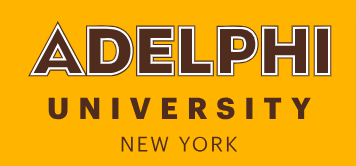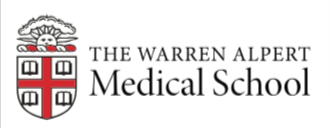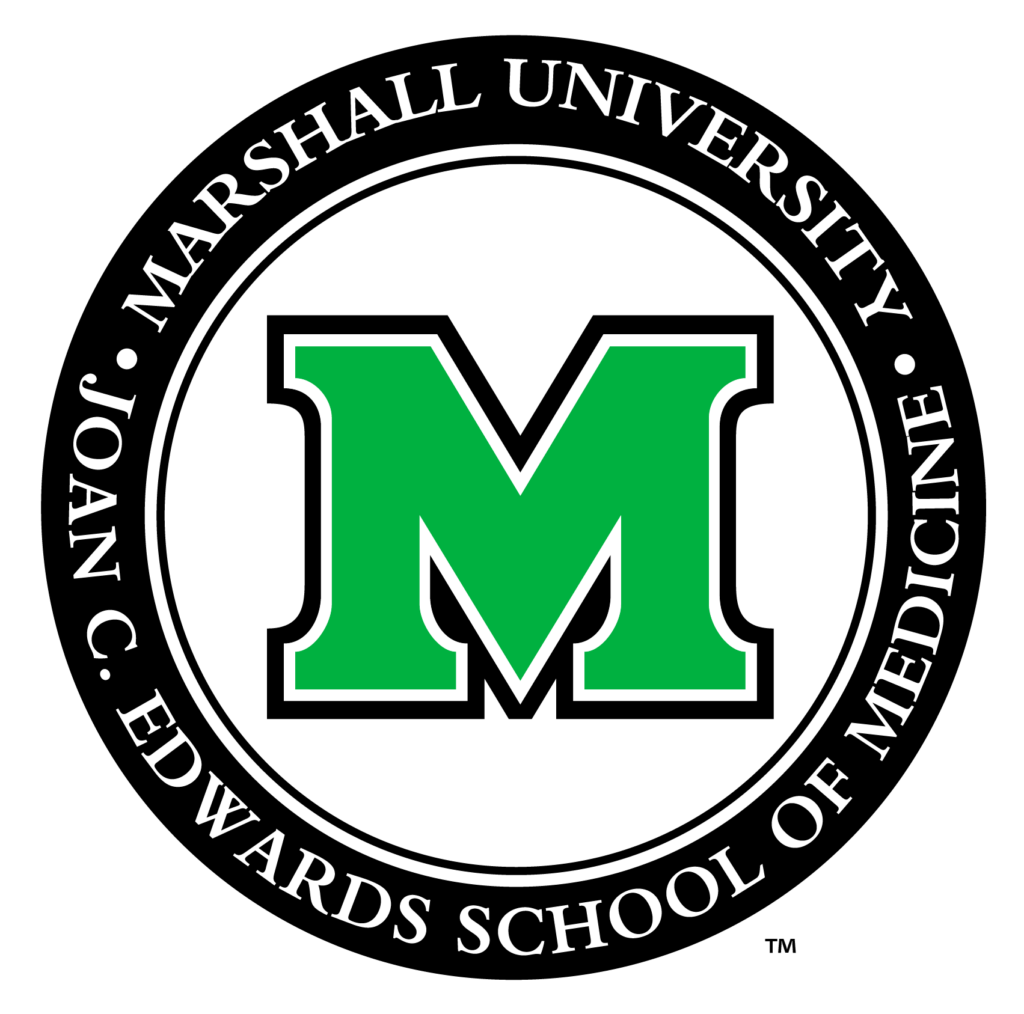Looking for the Medical Schools That Don’t Require MCAT? then you have landed on right article. Every medical student dreads the MCAT since it is a complex examination that requires long hours of preparation and carries a significant weight in medical school applications. As a result, a lot of students often prefer skipping the examination.
Table of Contents
Acceptance into several medical schools in the United States can occur without the necessity for MCAT results. MCAT can be a huge hindrance to a student’s medical school dreams. There are certain medical schools with low MCAT scores that students can apply to if they have scored below what they have expected.
Remember that there are other selection criteria besides MCAT scores. If a student has a stellar academic or extracurricular background, many medical schools with low acceptance rates may also ignore MCAT results. In this blog, we have listed out all the colleges that do not require an MCAT score.
How to get into medical school without taking the MCAT exam?
Most medical schools in the United States require an MCAT, however, there are certain alternative ways to achieve your dream of becoming a doctor. But it should be noted that not attempting the MCAT could severely limit your options hence it is best to consider giving the test if possible.
One of the most common ways to get admitted to a medical without submitting an MCAT score is by applying in various program which includes:
1. Baccalaureate MD program:
Baccalaureate MD program is a joint undergraduate medical school degree that allows students to transition without any problem from undergrad to MD program. Most combined MD programs take around eight years to get done with.
MCAT requirements are frequently waived for baccalaureate-MD degrees, making it simple to apply without taking the exam or disclosing your results.
While some universities offer seven-year programs, the majority of combined MD programs are eight years long, consisting of four years for a bachelor’s degree and four years for medical school.
2. Early admission programs:
This is also known as an early assurance program and is similar to BA/MD degree which allows applicants to secure a place in medical school years in advance. The BA/MD degree programs admit students directly from high school while the early admission process starts way after graduation.
Each school has different admission requirements but overall it is a very competitive procedure. Students might have to take certain courses before applying their dedication and commitment to the medical field. They might also be expected to participate in volunteering and clinical experience.
Similar to the traditional application process, applicants have to submit letters of recommendation, essays, and SAT/ACT scores.
Early Assurance programs are known to be extremely difficult to get into, despite their many advantages. A candidate must have exceptional academic standing in order to be admitted to an EAP.
Is it possible to get into medical school without taking MCAT?
It is true that certain medical schools allow applicants to apply without taking the MCAT. However, you have to remember that the great majority of colleges need you to take the MCAT. Thus, if you decide to skip the exam, your options become less.
Applying to a medical school’s baccalaureate-MD program is your best option. Searching for early assurance/guaranteed admittance programs that do not include the MCAT as a requirement is an additional alternative.
Finding universities that do not require the MCAT for their standard admission process is the final and most viable alternative. You may apply to some MD and DO programs without having to take the MCAT.
How to choose the right medical school?
When selecting a medical school, there are other important considerations besides MCAT scores. Since not all medical schools accept international students, many applicants frequently do not qualify to apply to particular medical schools depending on their area of residency.
Occasionally, a student’s desired medical school may be unaffordable due to expensive tuition. Students must take into account several variables while selecting which medical schools to apply to, including:
1. Status of residency:
One of the main determinants of admission to medical school is residency status. International applicants are not accepted to certain of these medical schools. Furthermore, some colleges favour in-state students over those from other states and refuse to accept applicants from outside of them.
Medical schools primarily give preference to in-state applicants to further the growth of healthcare and medical education inside their home states. Additionally, candidates who are in-state typically practise medicine in their home states, which advances healthcare advancement.
2. Public and private medical schools:
In the United States, there are public and private medical schools. Because public medical schools prioritise state candidates, their tuition is typically less expensive. Additionally, this lessens the selectiveness of the admissions process.
Students from different states apply to private medical schools in greater numbers. Hence, for applicants who are from out-of-state or abroad, private universities are a superior choice. Additionally, this can result in increased tuition fees.
3. Medical school profiles:
Most candidates may make the mistake of applying to easily accessed medical schools. Students should investigate a school’s profile in order to compile a list of institutions that might fit their standards and ideals.
Completing the required MCAT score and minimum GPA is a prerequisite for most universities. Essays, personal statements, and references must also be precise. It’s also advised to thoroughly comprehend the specifications set forth by the admissions committee.
List of 10 Best Medical Schools That Don’t Require MCAT:
We have included a list of universities that are simpler to get into and do not require an MCAT score, taking into account the competitive trend in college admission rates. Among them are:
1. Adelphi University

The Adelphi university is located just outside New York City and offers a joint degree in partnership with various medical and professional schools and life-changing research, internship, and travel opportunities.
To provide a combined 4+4 Guaranteed Entrance/Accelerated Scholars medical degree program without MCAT requirements, Adelphi has joined forces with SUNY Upstate. After graduating from Adelphi with a BSc, BA, or BFA, students can transfer straight to SUNY Upstate Medical University.
Eligibility:
- Students should complete at least 90 credits of coursework at Adelphi which also includes general education requirements, prerequisite course work, and major coursework.
- The student should not have any grade below C in any course.
- The student should have a science grade point of 3.5 every semester and a 3.5 cumulative GPA.
2. The Warren Alpert Medical School of Brown University

The Warren Alpert Medical School of Brown University is an Ivy League institution located in Providence Rhode island. The BS/MD program in this school is known as the Program in Liberal Medical Education. It combines undergraduate education with medical studies. It is an eight-year program and is the only way to get admitted here.
Eligibility:
- The student has to meet all premedical course requirements.
- Applicants who have been rejected, withdrawn, or graduated from a medical school are not eligible.
- For international applicants, they are required to complete one year of course work from an accredited school in the US or Canada.
3. Albany college of pharmacy and health sciences
The Albany College of Pharmacy and Health Sciences was founded in 1881 and is a private institution with a long list of achievements in academic and research excellence. This university’s Guaranteed Entrance for Select Majors program enables outstanding high school students to apply to both Upstate Medical University’s Doctor of Allopathic Medicine (MD) program and the University of Albany for their undergraduate studies, with a focus on engineering, Spanish, or Chinese.
Eligibility:
- The student should have an overall grade point average of 3.5 in college and 3.5 in all science courses.
- Should have experience as a paid volunteer or volunteer in the healthcare field.
- Should actively participate in public service.
4. CUNY School of Medicine
CUNY school of Medicine was established with a mission to elevate diversity and representation. It is a great choice for academic leaders and scholars who are committed towards working and addressing the situation related to health in New York City.
High school students with exceptional academic records can participate in the eight-year BS/MD program at CUNY School of Medicine under the Sophie Davis Biomedical Education Program. Enrollment in the program does not need the MCAT.
Eligibility:
- Students are required to have a minimum grade point average of 85 through the first three years of their high school.
- They should submit at least five letters of recommendation.
- Students should submit three essays on allotted topics.
5. Drexel University College of Medicine

Committed to providing the best biological education possible, Drexel University College of Medicine leads the Philadelphia area in research, education, and the provision of compassionate care.
A combined 4+4 curriculum called the BA/BS+MD Early Assurance curriculum is provided by Drexel, enabling students to be accepted into its undergraduate and medical programs ahead of time. For their bachelor’s degree, students must take courses in biology, chemistry, or biomedical engineering.
Eligibility:
- The student should have a minimum 3.5 GPA out of 4.0 weighted scale.
- The student is required to have an SAT score of at least 1420 or a minimum ACT score of 32.
- Applicants should be a resident of the United States or be a permanent resident.
6. George Washington University

A competitive program for high school seniors who demonstrate academic achievement has been developed in collaboration between the School of Medicine and Health Sciences at George Washington University and the Columbian College of Arts and Sciences.
This BA/MD degree can be finished in just seven years, in contrast to other programs on our list. Applicants must submit the necessary application materials along with a practice MCAT score although it is not mandatory.
Eligibility:
- Students should have a minimum of a 3.60 overall GPA
- The student should not have a grade of C or below in any science course.
- The applicant should participate in medical and service-related activities.
7. Hampton University
In partnership with Norfolk, Virginia’s Eastern Virginia Medical School (EVMS), Hampton University offers a Joint BS/MD program.
High school students with a variety of extracurricular leadership experiences along with exceptional academic success are given preference in this university. These include medical research and experiences gained by visiting hospitals, doctor’s offices, and rescue squads in the area.
Eligibility:
- Students should have a minimum grade of 3.68 GPA
- Students should fulfil published AMCAS requirements.
8. Marshall University Joan C. Edward School of Medicine

Marshall University Joan C. Edwards School of Medicine is a community-based, state-supported medical school founded in 1977 and situated in West Virginia.
Marshall University provides a seven-year accelerated program leading to both a Bachelor of Science and a medical degree. Applicants must achieve rigorous academic requirements and major in biology to be accepted into the program.
Eligibility:
- Students should have a minimum grade point average of 3.75 in their high school.
- The student should submit three letters of recommendation from high school teachers.
- The student should also submit a compulsory situational judgement test.
9. Montclair State University

Together with Rutgers-New Jersey Medical School (R-NJMS), Montclair State University offers the Health Careers Program. For the first four years of the curriculum, students might major in biology, chemistry, biochemistry, or molecular biology before attending medical school. The program is intended for academically qualified individuals who have a strong desire to attend medical school but lack the funds to do so.
Eligibility:
- Students should have a minimum B average of above GPA.
- The applicant should have a minimum B average in science and mathematics.
10. Purchase College
Similar to Adelphi University, Purchase College collaborates with SUNY Upstate Medical University to provide an eight-year baccalaureate/MD program. In their first four years of the curriculum, students can earn a BA, BFA, or BS before immediately matriculating into SUNY Medical School.
Eligibility:
- Students should have a cumulative GPA of 3.50 or higher
- Students should fulfil a course load of 12 credits every semester.
Frequently Asked Questions
1. Are Non-MCAT Medical Schools worth getting into?
Students who intend to practice medicine overseas may find that medical schools that do not require the MCAT exam are a good fit. But for individuals hoping to get a US medical license, it’s usually not advised to skip the MCAT in favor of attending foreign schools.
2. Is It Necessary to Take the MCAT to Get Assurance Early?
The majority of early assurance programs don’t demand an MCAT result. Rather, high GPAs, outstanding extracurricular and volunteer activity, and either a SAT or ACT score must be included with your application for EAPs.
3. Is the MCAT Required for Admission to a BS/MD Program?
Programs like BS/MD, BA/MD, and BFA/MD usually don’t need the MCAT. Admitted students automatically matriculate into medical school after completing a three- or four-year baccalaureate program.
4. What Happens If I Don’t Pass the MCAT?
Many BS/MD, BA/MD, and EAP programs allow students to attend medical school without having an MCAT score if they fail the exam. Once you have had more practice, you can also carry on studying and retake the MCAT.
5. If taking the MCAT is optional, should I still do so?
It is highly suggested that you take the MCAT even though it is not necessary. By taking the MCAT, you can increase your chances of getting into a variety of medical schools and get ready for the coursework required for your MD. If you are not satisfied with your score, you have the option to retake the MCAT or apply to programs that do not need it.
Conclusion
You may have better luck with BS/BA and MD programs or EAP programs if you want to go to medical school but don’t want to take the MCAT or submit your existing score. The US medical schools on our list that provide MD, EAP, and BA/BS degrees are well-regarded, accredited institutions, so enrolling in their programs won’t restrict your opportunities.
It may be difficult to practice medicine in the US in the future if the majority of medical schools that don’t require MCAT in their regular applications are located overseas. We would advise you to take the MCAT if you are considering doing so at all. You can always retake the MCAT or apply to schools that provide better opportunities if you’re not content with your present score.






















Add Comment